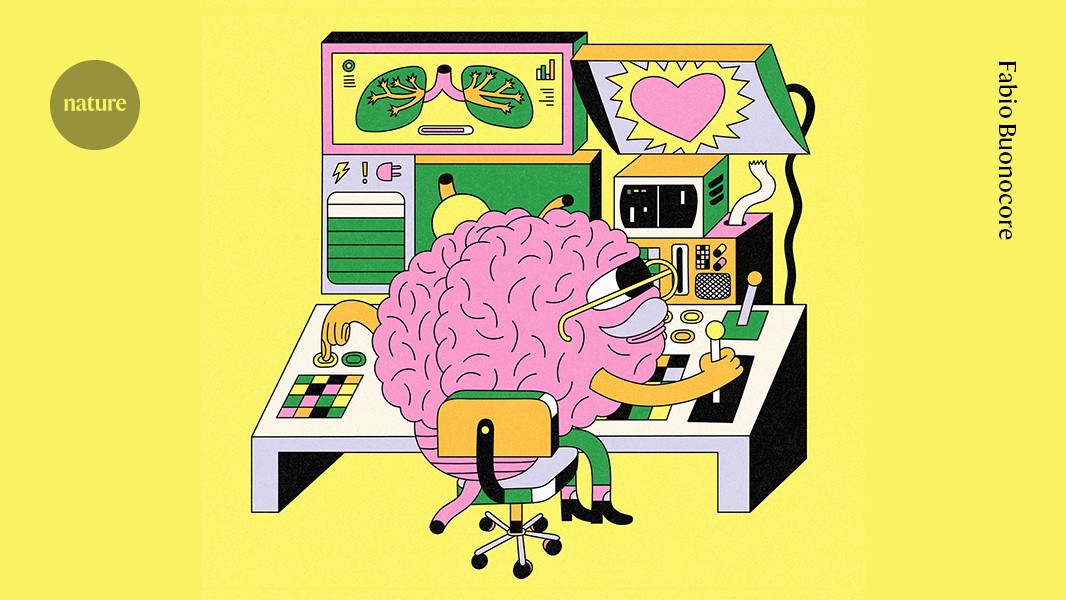
"As humans grow older, their metabolisms tend to slow, they lose muscle mass and they burn many fewer calories. But certain cells in older people appear to do the exact opposite."
"Aging cells accumulate energetically costly forms of damage, such as alterations in DNA, and they initiate pro-inflammatory signalling. How that corresponds with the relatively low energy expenditure for ageing organisms is still unclear."
"Picard and his colleagues call this concept the 'brain-body energy-conservation model'."
"The energetic mismatch between aging cells and metabolic slowdown in organisms might drive many negative effects of aging."
The article discusses a paradox in aging biology where senescent cells, which stop dividing, actually burn more energy than younger cells. Research by Gabriel Sturm showed that these older cells have a metabolic rate nearly double that of their younger counterparts. This increased energy consumption may stem from damage accumulation and pro-inflammatory signaling within aging cells. Picard and colleagues propose the 'brain-body energy-conservation model', suggesting that the brain may divert energy resources, linking increased cellular energy needs to visible signs of aging such as muscle loss and greying hair.
Read at Nature
Unable to calculate read time
Collection
[
|
...
]